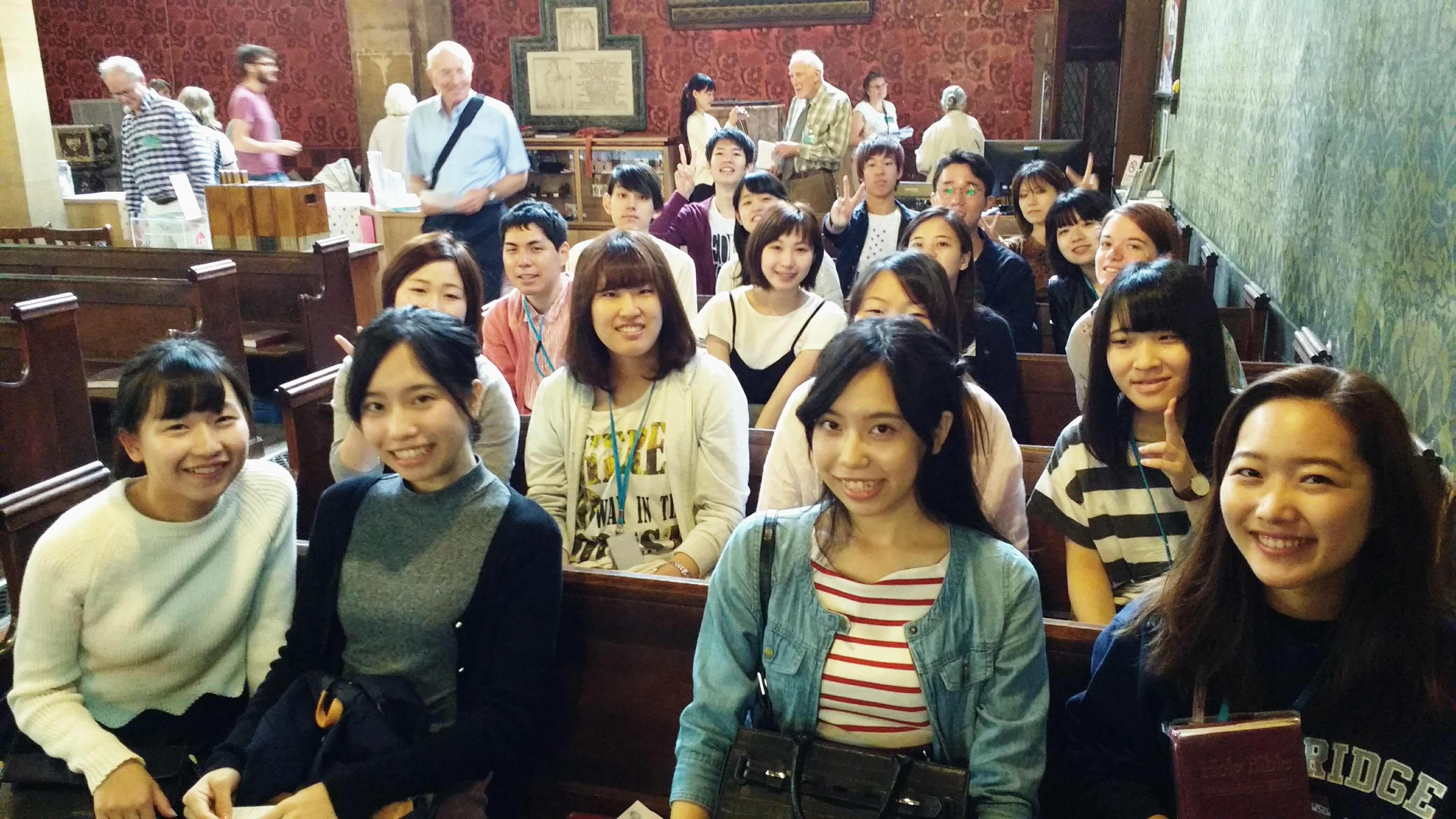This is the second part of two posts (the first is here). In the first post I wrote about a couple of things I had learned based on the father and the widow in Mark 9 and Mark 12. Here I want to write about Mark 14-16 which I also read this last week.
In particular, I want to write about two things. Firstly, how it is that human experience remains the same in spite of the fact that the cultural settings and historical contexts are very different between now and the point that the Bible was written – in both the emotion of life and in the need to make a decision about who Jesus was and is. And secondly, how this relates to the father and the widow back in Mark 9 and 12.
What initially stood out to me most when I was reading Mark 14 a few days ago, was this line, that comes at the end of the passage about The Last Supper:
26 When they had sung a hymn, they went out to the Mount of Olives.
The way Jesus shares his time with his friends is the same as the way I like to share my time with mine. Eating, chatting and singing is an ideal way (I think) to spend an evening. As I was reading it was the singing, this detail of the hymn, which jumped out at me. I realised that I hadn’t really thought about Jesus as partaking in singing. For some reason I could recognise him as experiencing music passively, but not actively in the way recorded in the gospel – joining in a chorus with fishermen, perhaps with the rhythm of the hymn being sounded out by dusty feet tapped on hard floor. This detail was a prompt to reflect on the similarity and unity of human experience. I may be reading scripture 2,000 years on from when it was written, but the lives of these people are recognisable and relevant to my own.
There is so much humanity in the emotions of the events that follow in the rest of chapter 14. I know those emotions, I can feel the same things. The disappointment of Jesus as the disciples fall asleep in his hour of need. Jesus’s loneliness as he faces towards what he know is to come. His experience of betrayal as Judas kisses his cheek. The visceral anger that leads one of Jesus’ followers to cut off the High Priest’s ear. The panic that leads everyone to flee. The chaos and confusion of a show trial held in the dead of night. Peter’s regret and mourning of his own weakness as he denies his connection with Jesus.
But this type of emotional humanity is not the only type of humanity to be found. And it is not the only thing tying me to the people that feature in Mark’s Gospel. In chapter 15 we see Pilate’s belief in Jesus’ innocence, the soldiers who disregard Jesus’ claims, the centurion who suddenly changes his mind (also written about here) to declare Jesus to be the Son of God, the women who know Jesus and who have faithfully cared for him and Joseph’s respect for Jesus as he asks Pilate for his body so he may bury him. Each person has made a choice about who Jesus is and there is a humanity that comes from this necessary decision about Jesus.
There are many jokes on the internet that start ‘there are two types of people in the world….’ and proceed to show two different types of behaviour. It is usually a funny observation based on the divisions caused by seemingly trivial behaviour – which way round a loo roll goes, people who use Apple products vs. those who use Android, those who put ketchup all over their chips vs. those who put it all by the side etc. However, chapter 15, shows the most important division of people that there is. There are two types of people in the world, those who call Jesus their Lord and Saviour, and those who don’t.
This division is just so evident in this chapter at the end of Mark. It is something that is uncomfortable to highlight at a point in time when a lot of people view religion neutrally, a private decision which is fine so long as it doesn’t harm anyone else. But Jesus was never a neutral figure. This is something that C.S Lewis highlighted when he said that the option of viewing Jesus as a moral teacher was not left open to us. Jesus’ teaching is so bound to his claims of divinity and authority to forgive sins – it is for claiming to be ‘King of the Jews’ that he is crucified – that neutrality is impossible. Either you do not believe him, and call him a mad fool or a demon, or, as Lewis puts it, ‘you can fall at his feet and call him Lord and God’.
As such, reading the end of Mark was a reminder to me that my faith is not neutral. Instead, I am called towards living out my faith in every area of my life in a way that is anything but neutral – whether that is how I spend my time, where I shop, what I do with my money or how I choose to conduct relationships.
Reading was a reminder about the choice I am making, and a reminder to myself to treat that choice with the seriousness it involves. Christianity is not something for the faint or half-hearted. And so it is that I look to the father and the widow that I wrote about in the previous post for guidance and for example in living by faith wholeheartedly, even when my own stubbornness or the situation around me makes the choice I am making harder. May I live by faith and not by sight.

1 Comment